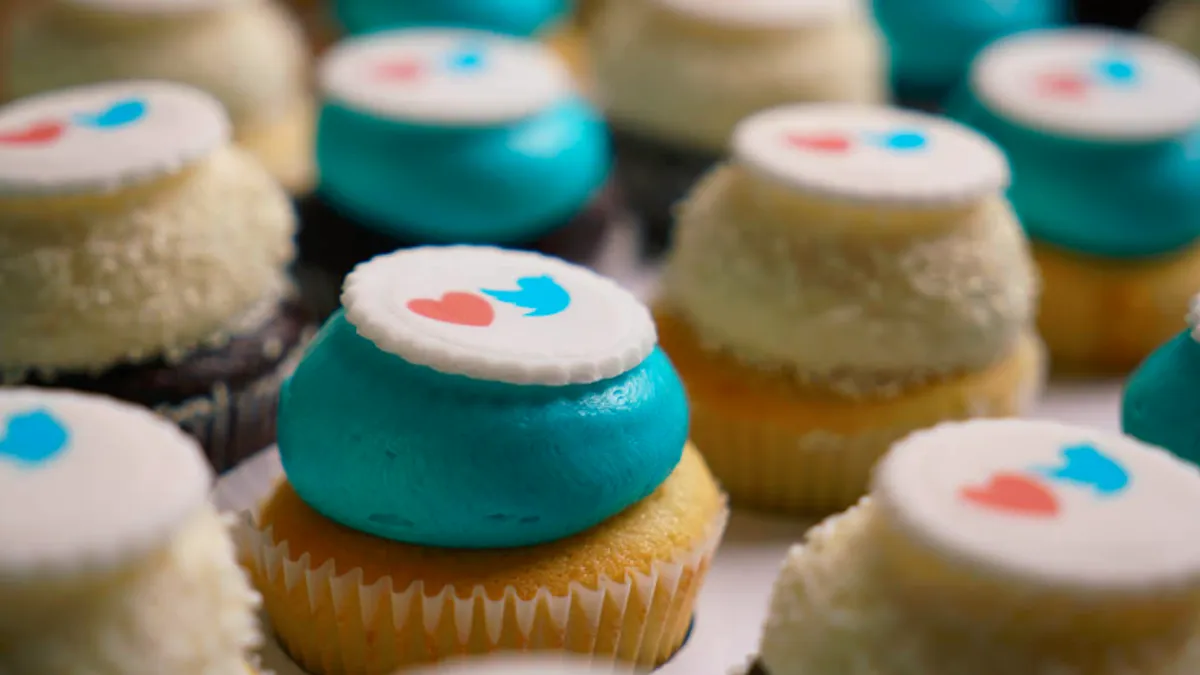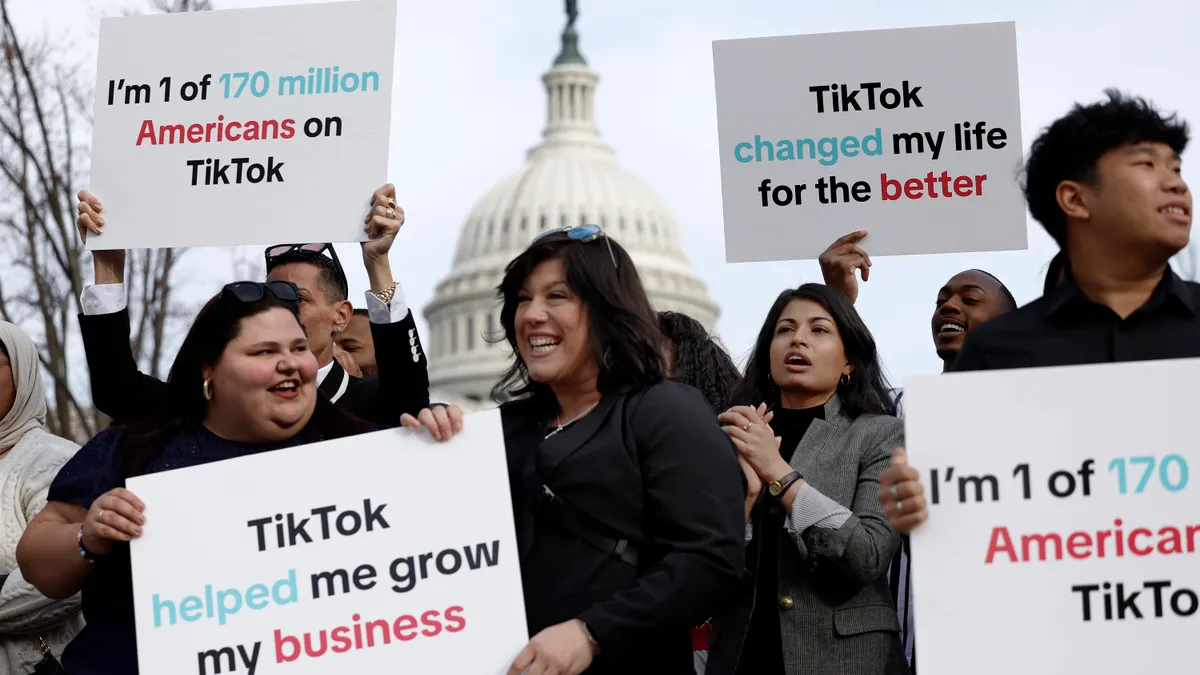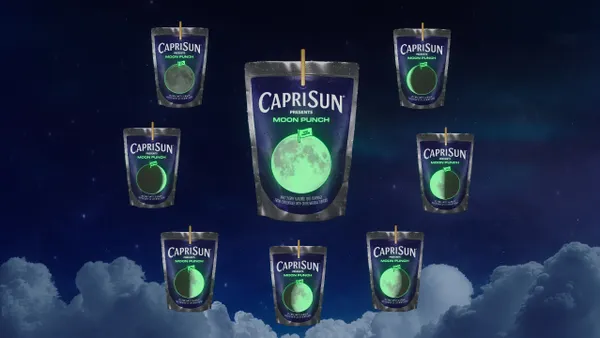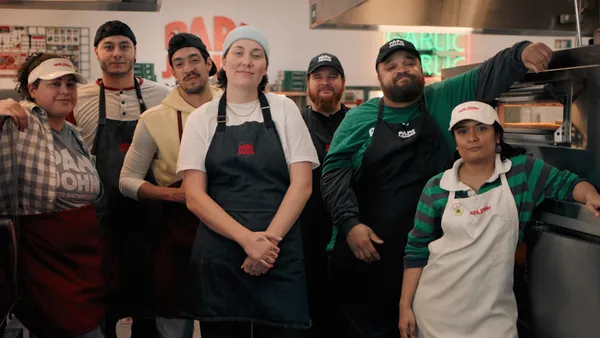Dive Brief:
- Twitter is the most popular social media platform among world leaders, being used by 276 heads of state and government and foreign ministers from 178 countries, and representing 92% of all members of the United Nations, according to results from a "Twiplomacy" study by Burson-Marsteller made available in a news release.
-
Pope Francis is the most popular world leader on the platform with a combined total of 33,716,301 followers, followed by President Donald Trump (30,133,036 followers) and Indian Prime Minister Narendra Modi (30,058,659 followers).
- Facebook is the second most popular platform for world leaders who have, on average, 2x as many followers on their Facebook pages than they do on their Twitter pages, Burson-Marsteller said.
Dive Insight:
Twitter’s been weathering rough waters from an advertising standpoint, recently seeing revenue declines for the first since going public, but the Burson-Marsteller findings reinforce what many marketing and media professionals already knew about the platform: It is still the de facto network for major figures to share their opinion in a connected, real-time way, even as social media competitors like Snapchat, Instagram and Facebook earn more of marketers' mindshare and investments.
The Burson-Marsteller report also shows that, even as Twitter has pushed into focusing more on live video content, some of its biggest strengths are the same as they've always been in serving as a personal micro-blogging site. For brands, Twitter's distinct connectedness and ability to open up a conversation often double as customer service features, which have continued to be a focus for the platform even as advertising budgets have dwindled.
Twitter recently opened up the ability for brands to reach out to nearby mobile users in their Direct Messages to request or share their location data and also do things like place an order at a restaurant. TGI Fridays was an early tester of the feature, and Denny's incorporated it into its new 24/7 digital ordering platform.













